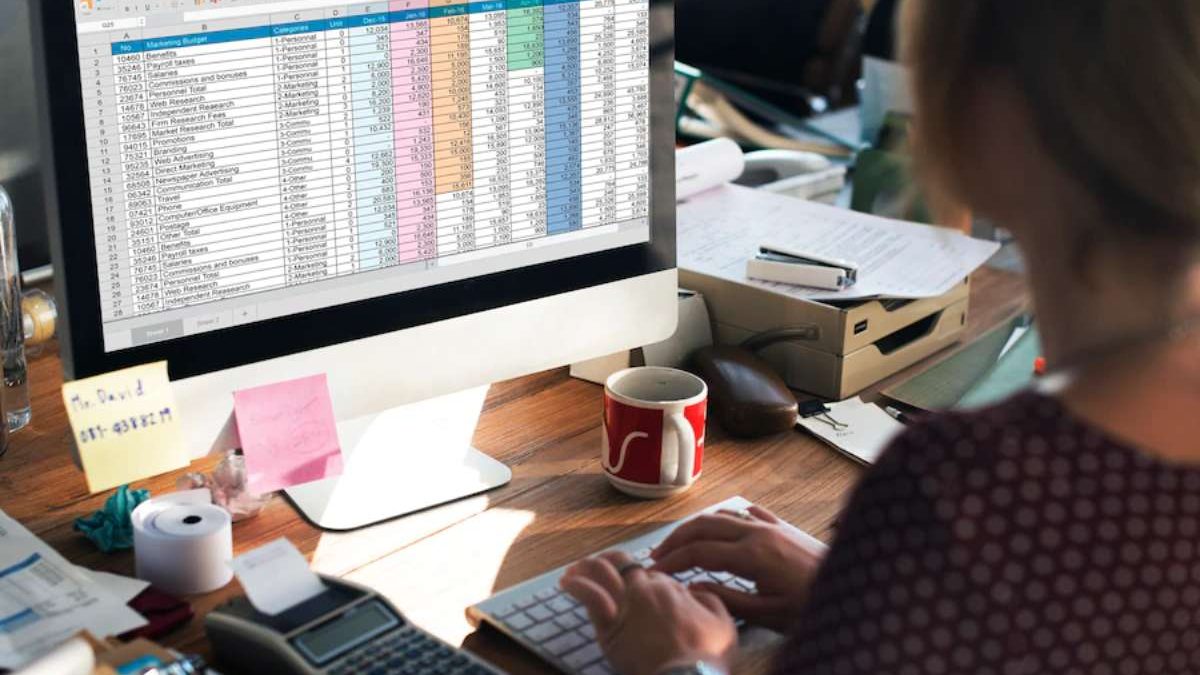To be your own boss is one of the most appealing aspects of working as a full-time freelancer. You have complete control over which clients you work with, what projects you accept, and how much you charge for your time and expertise. Is there anything else that could possibly be better?
Freelancing, on the other hand, does not ensure a continuous flow of money. This can complicate matters when it comes to budgeting. You may, however, master the art of it with a little forethought and judicious spending.
We assure you that it is not difficult at all. After mastering it, you’ll never want to return to 9-to-5 work again!
Table of Contents
Maintaining separate bank accounts for your business and personal finances
It is the first rule of self-employment. Make sure everything is perfectly clear by using this method. You need to understand how much money you made, how much money you spent on your business, as well as how much money you spent on personal expenses.
Generate a monthly budget
A monthly budget is essential if you want to avoid going over your income. This can be done with a simple Accounting Template. Everything from rent to utility bills to groceries to travel to entertainment to savings should be included here. Make sure you stay to the budget by checking it on a regular basis once you have allocated a sum to each department.
Predict the whole income
As a rule of thumb, clients often pay invoices within 45 to 60 days of receiving them. You may find it difficult at first because you don’t have any money coming in, and you will quickly settle into a routine. You have a good idea of how much money will be coming in each month, at least a few months ahead. As a result, you’ll be able to budget your money more effectively.
Track all the revenue & expenses
You can keep records of every rupee flowing in and going out with apps like Mint, Freshbooks, QuickBooks, & Expensify, among others. Regardless of how tiny the expense may be, make sure to include it in your budget. Your Swiggy or Amazon purchases will quickly stack up.
Time for all the invoices
When you’re a freelancer, you don’t get paid on the first of each month like a salaried employee. You have to plan your invoices accordingly. In order to get paid, you need to raise invoices & follow up with clients on a regular basis. That’s why paying your rent, credit cards, and other bills at the end of each month is so vital, so you can start the new month with a clean slate.
Charge yourself a modest salary
Freelancers often find themselves in a tight financial situation. As a result, they have very little time or money to accomplish anything for themselves. Freelancing can become a frustrating experience because of this. Even if your wage is only Rs 10,000 per month, it’s critical that you pay yourself something. If you don’t have an immediate need for the money, use this to pamper yourselves, go out, shop, or save for the future.
Start a SIP & RD
Freelancing can be unpredictable. Therefore it’s important to start a SIP or RD to save for the future. Automated monthly withdrawals from the bank account allow you to invest in mutual funds. For a nominal fee, you may also set up a regular deposit. Compounding allows you to accumulate a sizable sum of money in a short period of time.
Pro tip
Investing in insurance is a must because of the ambiguity of life. Medical bills might eat away at your money if you get sick. Consider purchasing health insurance. You should buy term insurance if you have dependents so they are taken good care of in the event of your death. When you’re younger, insurance is less expensive, so buy it early.
Conclusion
As a freelancer, it is imperative that you keep track of your tax obligations. Keep records of all TDS taken by customers so that you can get a refund or pay more tax when you file your taxes. Make a point to keep track of any genuine company expenses which can be deducted from your taxable income.

